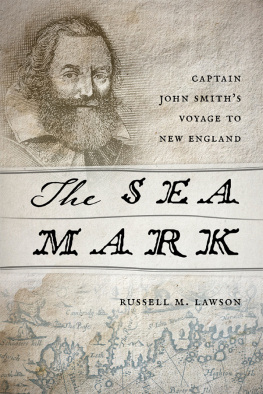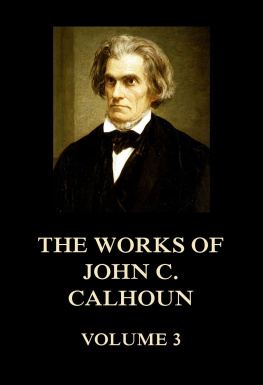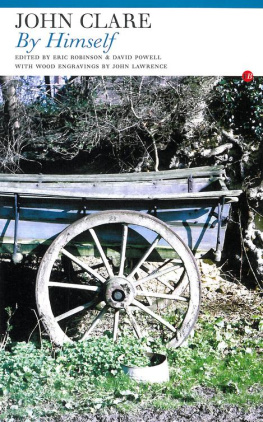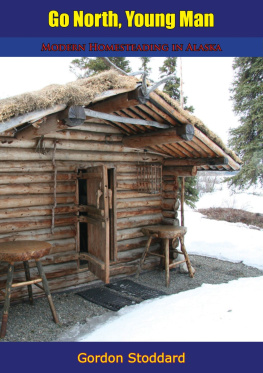JAPAN I JAPAN II
CHINA
Norwood Press
F. S. Gushing & Co.Berwick & Smith Co.
Norwood, Mass., U.S.A.
Boston Bookbinding, Co., Cambridge, Mass.
iii
iv
FRIENDS IN COUNCIL.
J ohn L. S toddard's
LECTURES
COMPLETE IN TEN VOLUMES
VOLUME THREE
BOSTON
BALCH BROTHERS CO.
MCMVIII
CHICAGO: GEO. L. SHUMAN & CO.
Copyright, 1897
By John L. Stoddard
Entered at Stationers' Hall, London
ALL RIGHTS RESERVED
JAPAN
I
FOREST SOLITUDE
JAPAN
LECTURE I
EMPEROR.
I
I T is now nearly four hundred years since the brave discoverer, Magellan, first sailed around the world. Yet, till comparatively recent times, three years were necessary to complete the circuit. To-day, some Phineas Fogg can put a girdle round the earth in less than eighty days, and messages are flashed to us from China and Ceylon in less than eighty seconds. The old-time spirit of adventure amid unknown scenes, which thrilled the traveler of former years, has, therefore, well-nigh disappeared. Of all the surface of our globe, the Polar Seas alone still bid defiance to the approach of man; though every year the ultimate capitulation of those ice-bound areas, lit by the aurora, becomes less remote.
MOUNT STEPHEN.
The broad Atlantic has now dwindled to an ocean ferry. Europe is measured, not by weeks, but by hours. Constantinople, once so remotely Oriental, is but five days from London,Cairo only six. Even the vast Pacific glides beneath our keel in thirteen days. Two centuries ago, the man who had achieved a journey around the globe would have been called a hero. One century since, he would have been remarkable. To-day the name he earns is merely"Globe-trotter." In consequence of this, to certain minds our vanquished earth seems like a squeezed and juiceless orange. Material forces have deprived it of romance, as age has robbed the moon of atmosphere and life. And yet, the fact that we move rapidly from point to point need not lessen our interest in the places that we visit. The wondrous beauty of the Taj Mahal and the incomparable majesty of the Himalayas are not less enjoyed because we can make a pilgrimage to them with comparative comfort. Japan's awakened empire, China's four hundred millions, the toiling myriads of India, with history, customs and religions antedating those of Christendom, present the same stupendous problems, whether we visit them in an antique sailing-craft or in a modern steamer. Despite the speed with which we flit from continent to continent, the actual distance is still there. Let but the steamer's shaft become disabled in mid-ocean, and the fact will not be doubted. But of whatever size our earth may now appear to us, the time has never been when travel upon its surface offered such attractions. Its countries now are like a series of intensely interesting bookseach the sequel of its predecessorwhich science, commerce, and navigation have laid open for our scrutiny.
A JAPANESE PAGODA.
A tour around the world, therefore, is vastly more instructive than a journey through the principal European cities. Mere Occidental travel, though delightful, is but fragmentary and one-sided. The unbroken circle is alone the symbol of completeness; and only when the traveler has sailed away from our Pacific coast, and journeyed on and on toward the setting sun, until he sees the shores of our Republic (never before so beloved) rise from the waves of the Atlantic, can he in truth exclaim, with Monte Cristo, "The world is mine!"
BANFF.
The route which we selected for our journey to Japan was the superbly built and admirably equipped highway to the Orient, the "Canadian Pacific." This magnificent transcontinental system comprises, first, the gleaming path of steel which crosses Canada from sea to sea; and, second, a fleet of steamers at the western terminus of the roadthe largest, swiftest, and most modern boats that ply between the North American continent and the land of the Mikado. The various railway lines from the Atlantic to the centre of the continent are too well-known to require description; but since some starting-point is necessary, we may well choose, as the most appropriate one, the vast plains of Manitoba, midway between the Atlantic and Pacific, and only eighteen hours by rail from Minneapolis. Mile after mile, and hour after hour, we sped through these prairies as level as a tranquil sea. Sometimes, like wreckage floating on the waves, we saw great sun-bleached heaps of skulls and bonespathetic relics of the herds of buffaloes which only thirty years ago existed here in millions, but which man's cruelty and recklessness have almost totally destroyed. At other times, the railroad cut its silvery furrow through a boundless area of golden rod and daisies,apparently a shoreless ocean of red, green, and gold, upon the verge of which the sky seemed to rest like an azure dome. But presently we realized that the plains were being left behind us. In fact, between these prairies and the vast Pacific rise three great mountain-ranges almost parallel to one another. They are the Rocky, the Selkirk, and the Cascade mountains.
ON THE PORCH AT BANFF
A VIEW FROM THE HOTEL.
It was already evening when we approached the "Rockies." We tried to catch their outline, but in vain. Behind a veil of impenetrable gloom, the morrow's splendid spectacle awaited us. Accordingly, at five o'clock in the morning, the subtle nervousness which usually heralds any long anticipated pleasure woke me with a start. I raised the curtain of my berth, and from my lips there came an exclamation of delight. There were the "Rockies," as I had so often pictured them; no longer vague creations of some other man's enthusiasm, but glorious realities awakening mine. A rugged wall of granite met my gaze, seamed here and there with silver, as the pure snow sparkled in its crevices; while all along its crest, five thousand feet above our heads, the dawn had traced a parapet of gold. I felt at once that thrill of satisfaction which every traveler prizes more and more as years roll on and fewer famous sights are left him to explore. It was the consciousness of one more conquest made, not merely for the excitement of a first possession, but for the calmer and more abiding pleasure of retrospection.
THE THREE SISTERS.
An hour later, we had left the train to spend two days at Banff,a place unknown before the advent of the railroad, but forming now the centre of a charming region, four thousand five hundred feet above the sea, reserved by the Canadian Government as a national park. Above us, in the morning light, like some old Rhenish castle on a wooded cliff, appeared a picturesque hotel, within whose ample hall we found a huge log blazing in the fireplace; while modern luxuries, such as bath-rooms and electric-lights, assured us a delightful resting-place. Yet this is but one of several hotels built by the railroad company at points of special interest, so that the traveler by this route may halt and view its scenery amid comfortable surroundings.
VANCOUVER.
Soon after our arrival, we started on a tour of exploration, and found the situation worthy of its fame. Over the best of roads Canadian ponies whirled us along the windings of the Bow river, green as emerald. The air was as pure as that of Norway. A breath of it was like a draught of wine. So transparent was the atmosphere, that mountains miles away seemed close at hand. Strange mountains these! Their color is an ashen gray, now darkened by a passing cloud, now almost white with vivid sunlight. They have no vegetation on their rugged slopes, save a few pine-trees, which suggest the "forlorn hope" of an army struggling toward a citadel.












